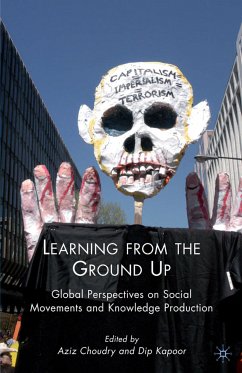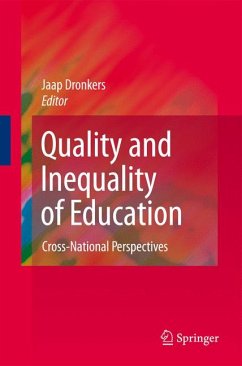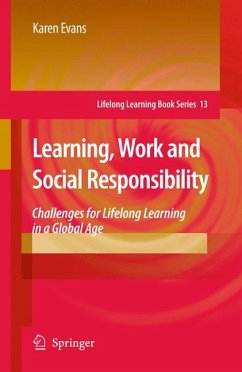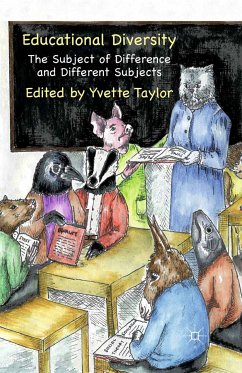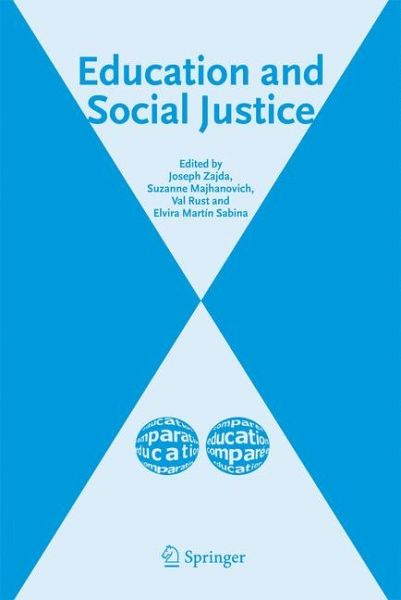
Education and Social Justice (eBook, PDF)
Versandkostenfrei!
Sofort per Download lieferbar
72,95 €
inkl. MwSt.
Weitere Ausgaben:

PAYBACK Punkte
36 °P sammeln!
Education and Social Justice presents up-to-date scholarly research on global l and comparative trends in education, social justice and policy research. It provides an easily accessible, practical yet scholarly source of information about the international concern in the field of social justice, globalisation, and policy research. Above all, the book offers the latest findings to the critical issues in education and social justice. Education and Social Justice is a sourcebook of ideas for researchers, practitioners and policy makers in education, and social justice. It offers a timely overview...
Education and Social Justice presents up-to-date scholarly research on global l and comparative trends in education, social justice and policy research. It provides an easily accessible, practical yet scholarly source of information about the international concern in the field of social justice, globalisation, and policy research. Above all, the book offers the latest findings to the critical issues in education and social justice. Education and Social Justice is a sourcebook of ideas for researchers, practitioners and policy makers in education, and social justice. It offers a timely overview of current changes in and social justice. It provides directions in education, social justice, and policy research, relevant to transformational educational reforms in the st t 21 century. The book explores the problematic relationship between education, social justice and the State, against the background of comparative education research. Social justice is an attempt to answer the following pressing question: How can we contribute to the creation of a more equitable, respectful, and just society for everyone? The creation of a more equitable, respectful, and just society for everyone is a dream for all concerned citizens on spaceship Earth, be they democratic policy makers, empowering and egalitarian pedagogues, and others, who believe in much needed reform.
Dieser Download kann aus rechtlichen Gründen nur mit Rechnungsadresse in A, B, BG, CY, CZ, D, DK, EW, E, FIN, F, GR, HR, H, IRL, I, LT, L, LR, M, NL, PL, P, R, S, SLO, SK ausgeliefert werden.







